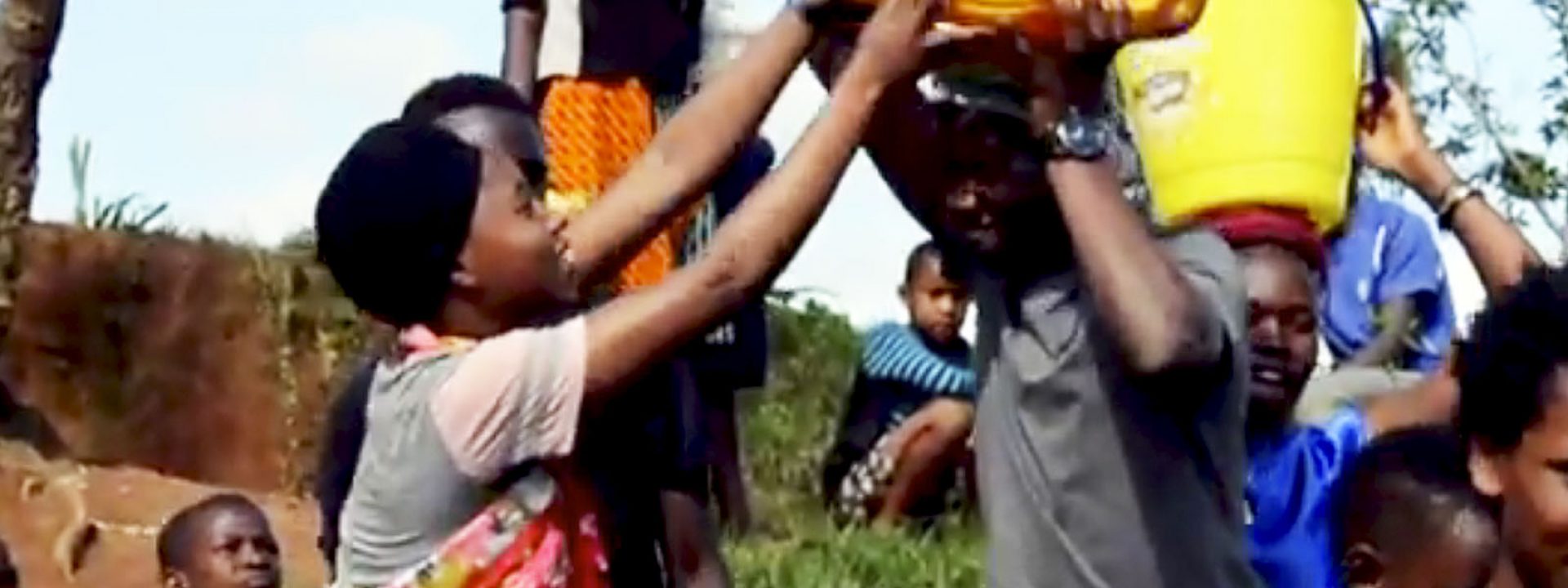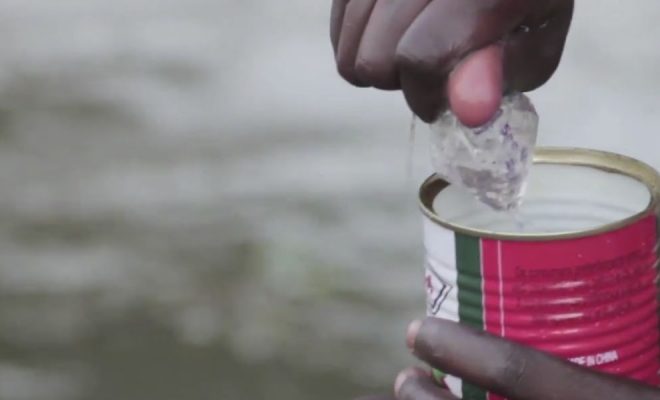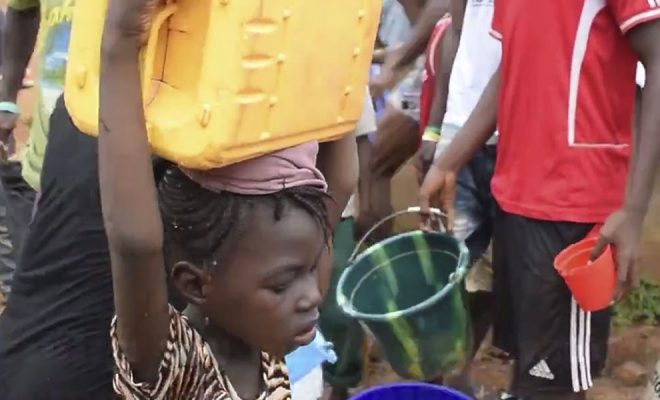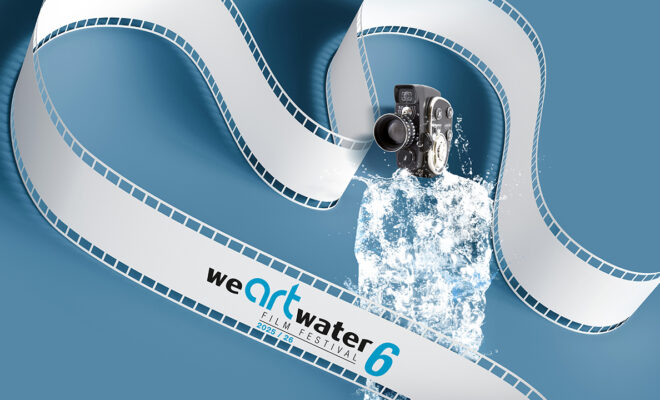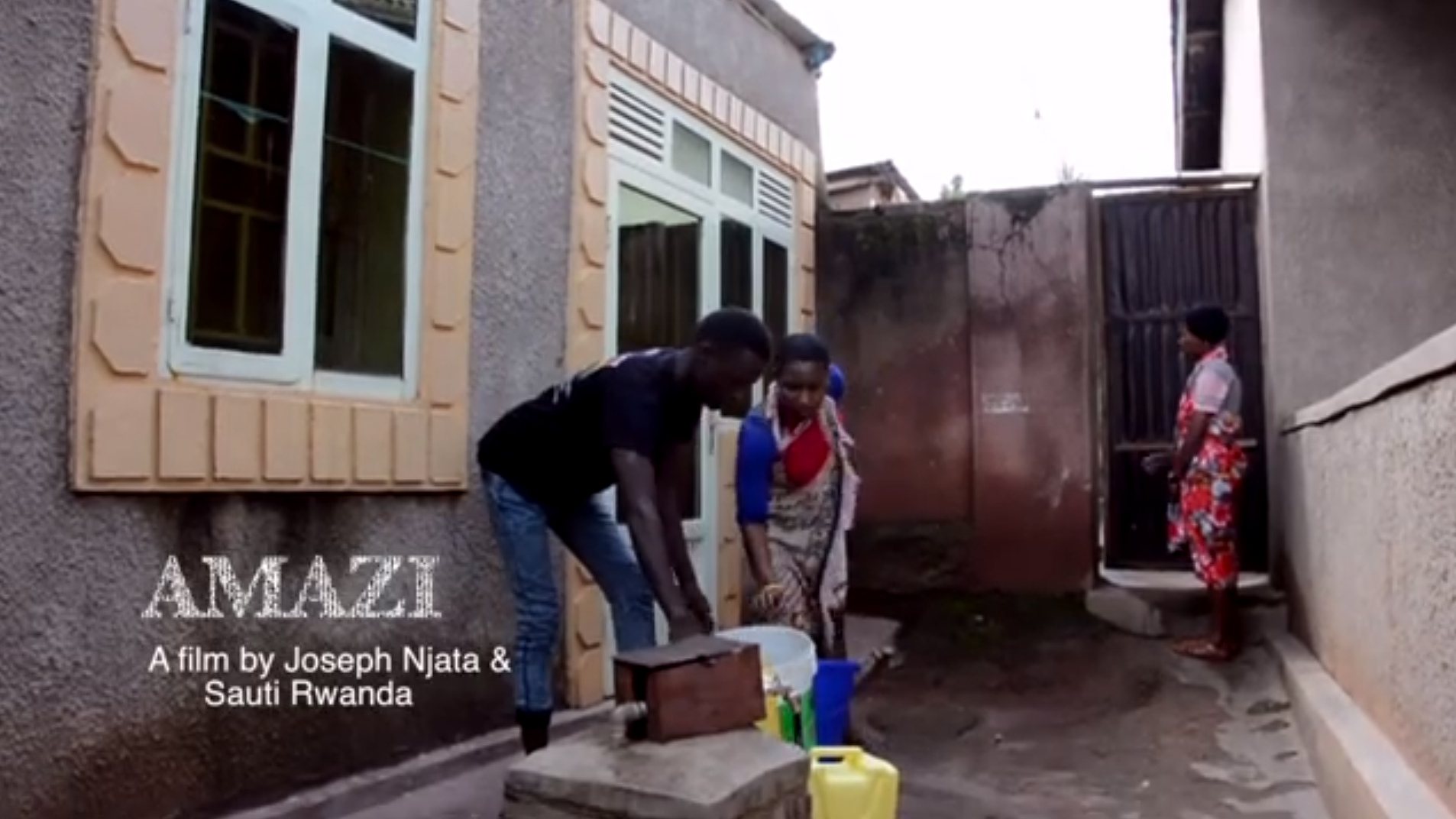
Amazi (Water), by Njata (Rwanda), finalist of the We Art Water Film Festival 4.
Rwanda sadly made the international headlines when a shocking civil war started in April 1994, caused by the tribal hatred between the Hutu and Tutsi ethnic groups. A genocide was unleashed in a few months, causing the murder of between 800,000 and one million people, most of them Tutsis. The country was devastated and a massive migration of over three million fugitives took place. Two million sought refuge in neighboring countries; the other million remained displaced in the country itself.
On November 8th, 1994, the United Nations Security Council approved the statute of the International Criminal Tribunal for Rwanda (ICTR) which contributed definitely to pacifying the country, which started a slow but steady socio-economic recovery. 25 years later, Rwanda is the safest country in the continent and it is considered one of the leading emerging economies in Africa. However, its development is hampered by a considerable rate of inequality (45% of the country’s wealth is concentrated in 5% of the population) and by severe problems of access to water that affect most of its towns, including large cities. Nowadays, almost six million of Rwanda’s 12 million inhabitants lack access to drinking water.
It is a contradictory situation that Rwanda needs to overcome. Amazi, the short film by Njata, shows an everyday reality: the disruption of the water supply forces the population to stock up on large cans to carry water from the nearby sources, a task mostly carried out by women. With an average family income that does not reach $200 per month in rural areas, many families have been obliged to buy a large 20-liter can for each member, which are sold at a price of around 40 cents, to cover their hygienic and food needs.
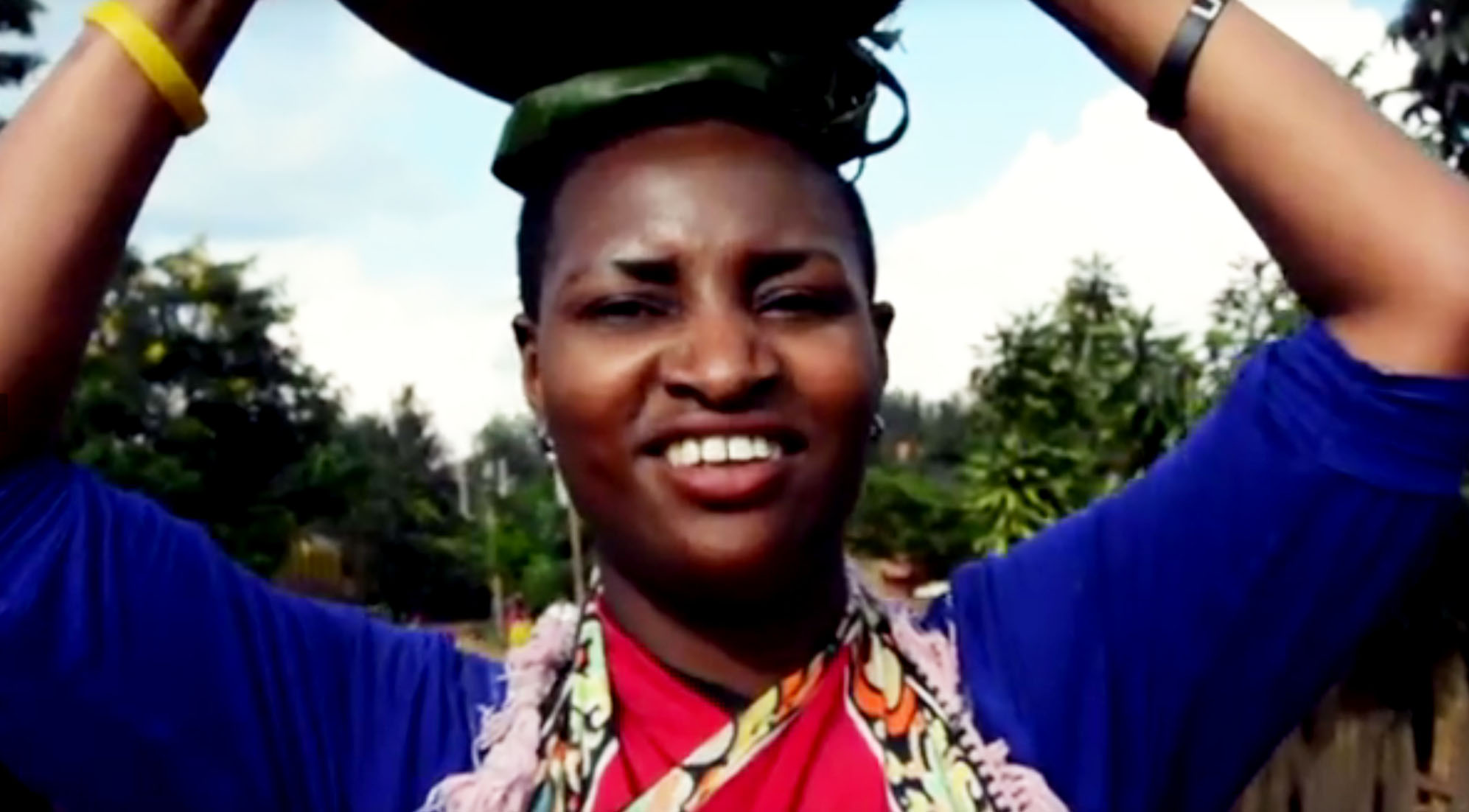
The celebration for obtaining water, which is shown in Njata’s fictional short film, reflects an attitude that allows Rwandan people to be resilient and face their future with hope. The government, with the help of several NGOs, has proposed that water should reach every corner of the country by 2022. Rwanda will then be able to get out of poverty once and for all.


